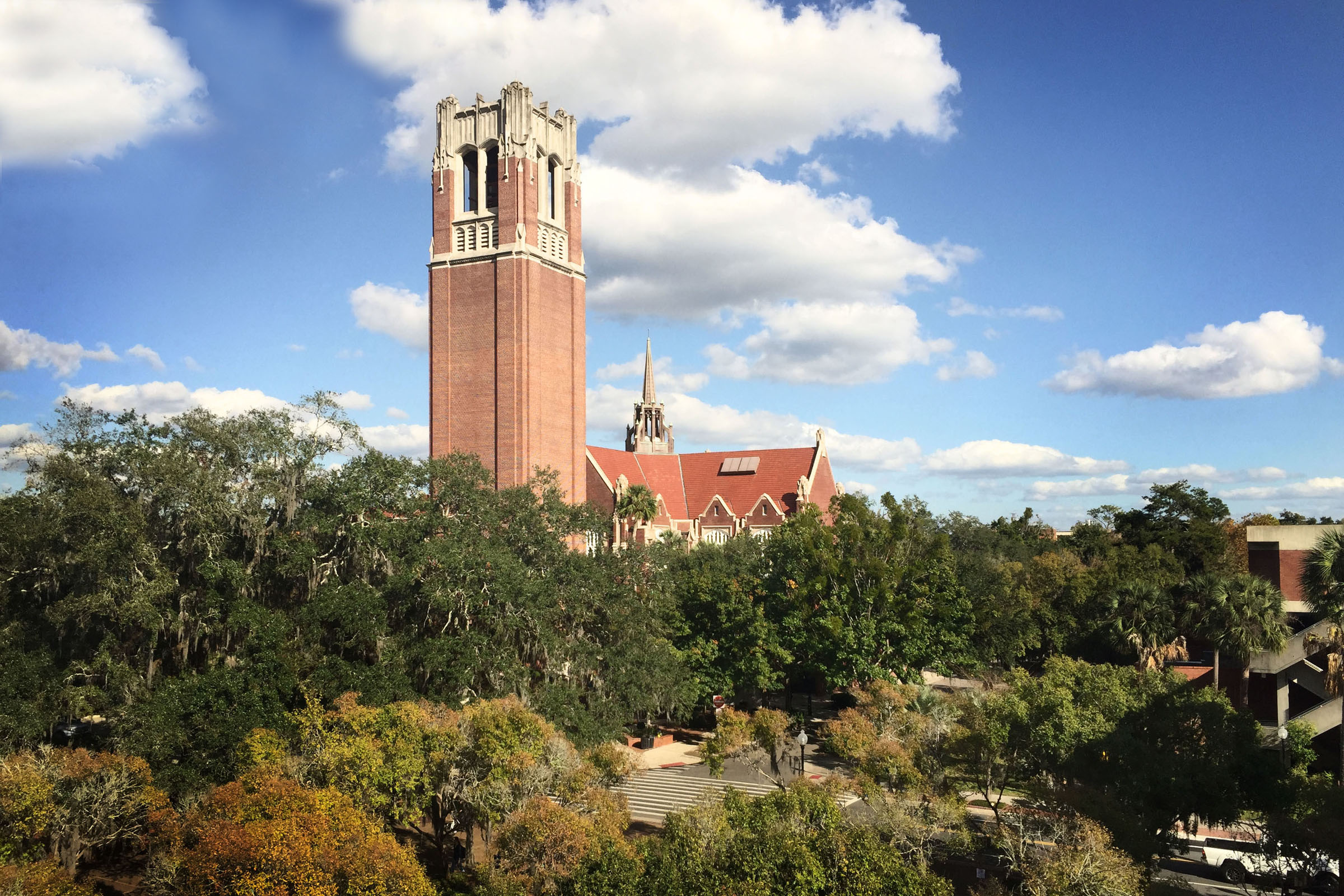Congratulations to the following UF BME faculty on being selected to receive University of Florida Term Professorship awards.
• Dr. Wesley E. Bolch, professor
• Dr. Gregory A. Hudalla, assistant professor
• Dr. Parisa Rashidi, assistant professor
This recognition is for excellence in teaching, research and service recommended by their college deans based on nominations from their department chairs and reviewed by the College Honors and Awards Committee. Awardees have displayed a distinguished career that places them among the leaders in their discipline.
Dr. Bolch’s research seeks to develop rapid and clinically accessible computational tools for use by radiologists and radiation oncologists to assess radiation organ dose and associated secondary cancer risks to patients following diagnostic imaging or radiation therapy. The Bolch laboratory has used computer animation software and real patient imaging data to create a 350-member library of pediatric and adult males and females that covers a broad range of subject heights, weights and body shapes. These anatomic models are now being used in all three areas of medical imaging: interventional fluoroscopy, nuclear medicine and computed tomography. Therapy applications of the UF patient phantom series include assessment of secondary cancer risks in proton versus photon cancer radiotherapy, and the use of kilovoltage stereotactic radiotherapy for halting the progression of age-related macular degeneration.
Dr. Hudalla’s research creates functional materials for therapeutic or diagnostic applications via molecular self-assembly. Hudalla develops synthetic peptides that can assemble into a desired nano-scale architecture, and then use these peptides as “tags” to organize biologically active molecules into functional materials. This creates glycosylated materials to modulate the activity of carbohydrate-binding proteins by attaching carbohydrates to peptides that self-assemble into elongated nanofibers. In another project, we create peptides that co-assemble into prescribed nanofibers or globular coiled-coils only upon mixing, which when expressed as recombinant fusions with functional proteins of interest, direct the self-assembly of different proteins into multi-functional nanomaterials. Hudalla’s long-term goals are to create biomaterials that can modulate immune responses for the treatment of autoimmune diseases, or create biomaterials that interfere with molecular-level events central to metastasis and viral infection.
Dr. Rashidi’s research is focused on developing context-aware assistive and therapeutic intelligent solutions using ambient and mobile sensor technology, with the underlying theme of data mining and machine learning. Her research methodology is to develop scalable data analysis techniques to tackle challenging problems that arise in the context of smart and connected health systems. Some of the projects in Rashidi’s lab include developing an intelligent mental health therapy tool using natural language processing and machine learning techniques, ambient monitoring of patients in the hospital using video and motion analysis, identifying and recommending ideal team structures in the hospitals, and monitoring older adults in the community using mobile sensors.
